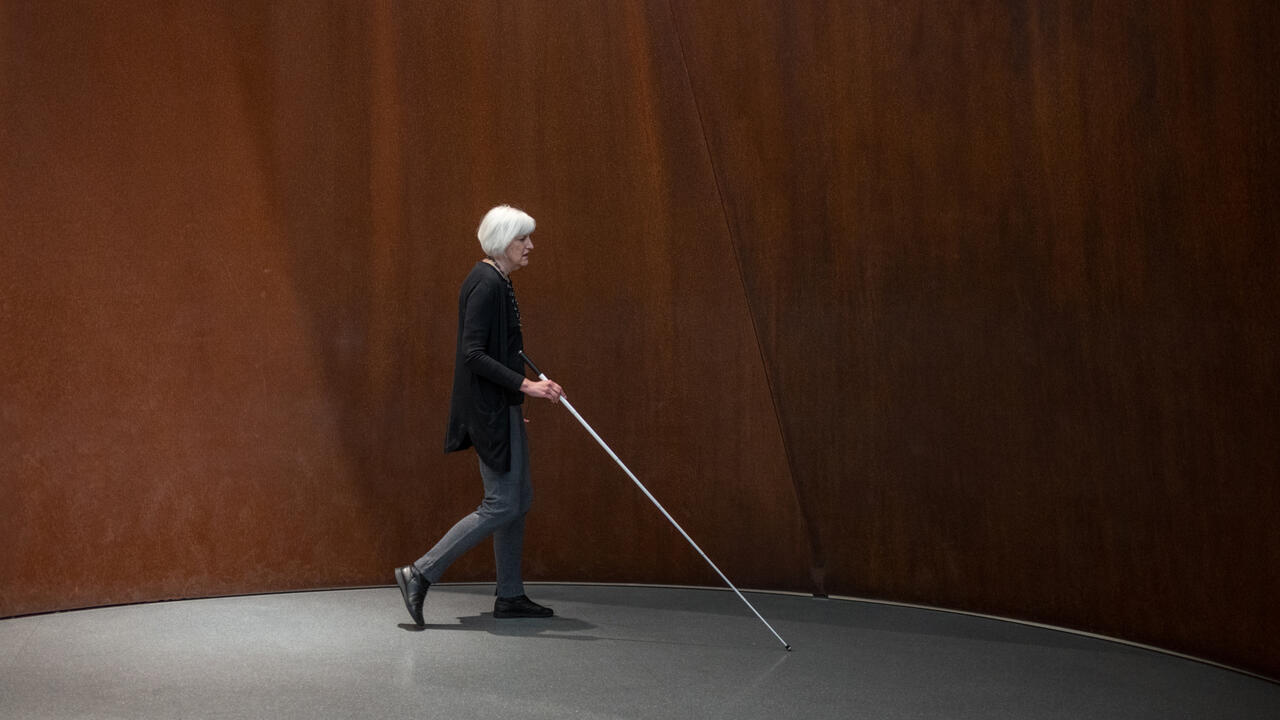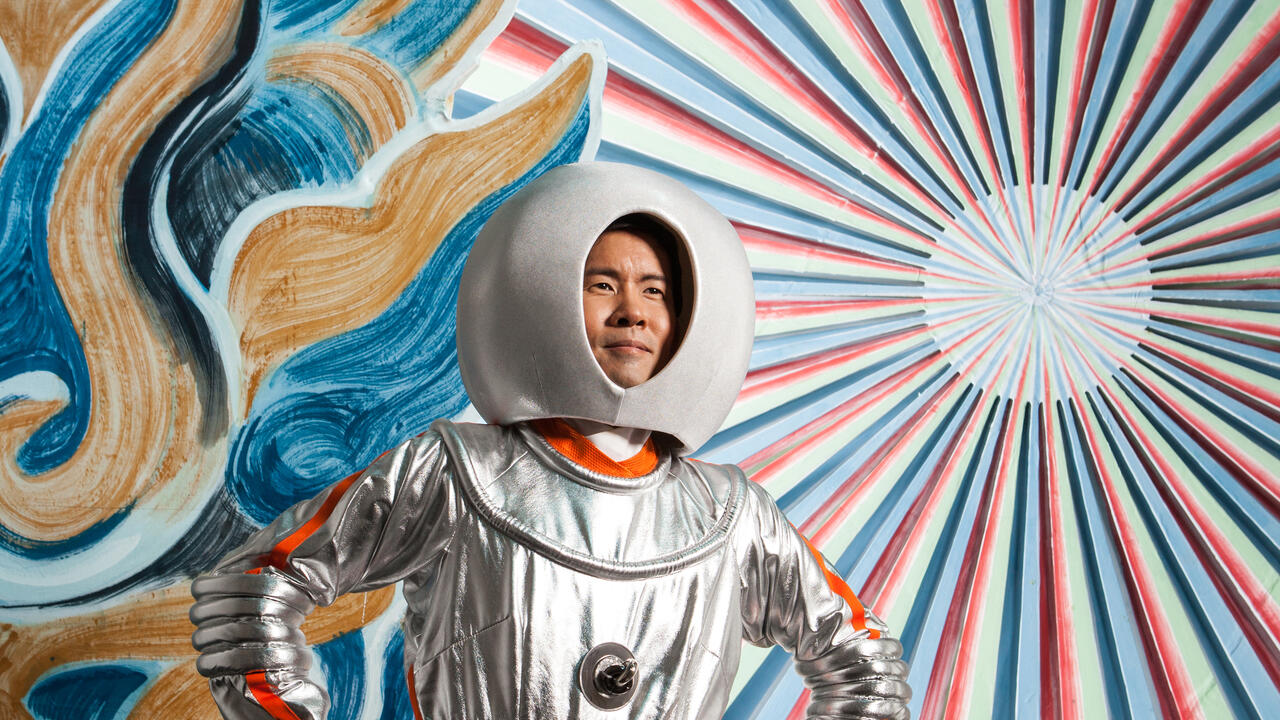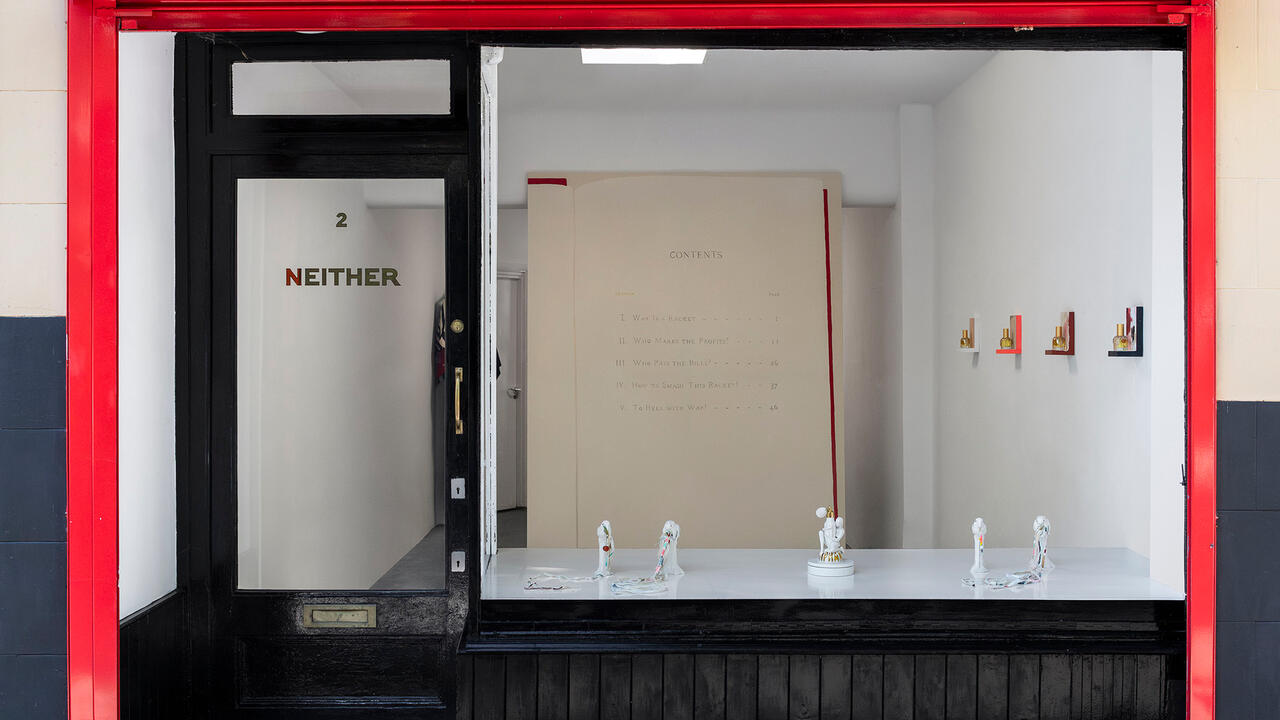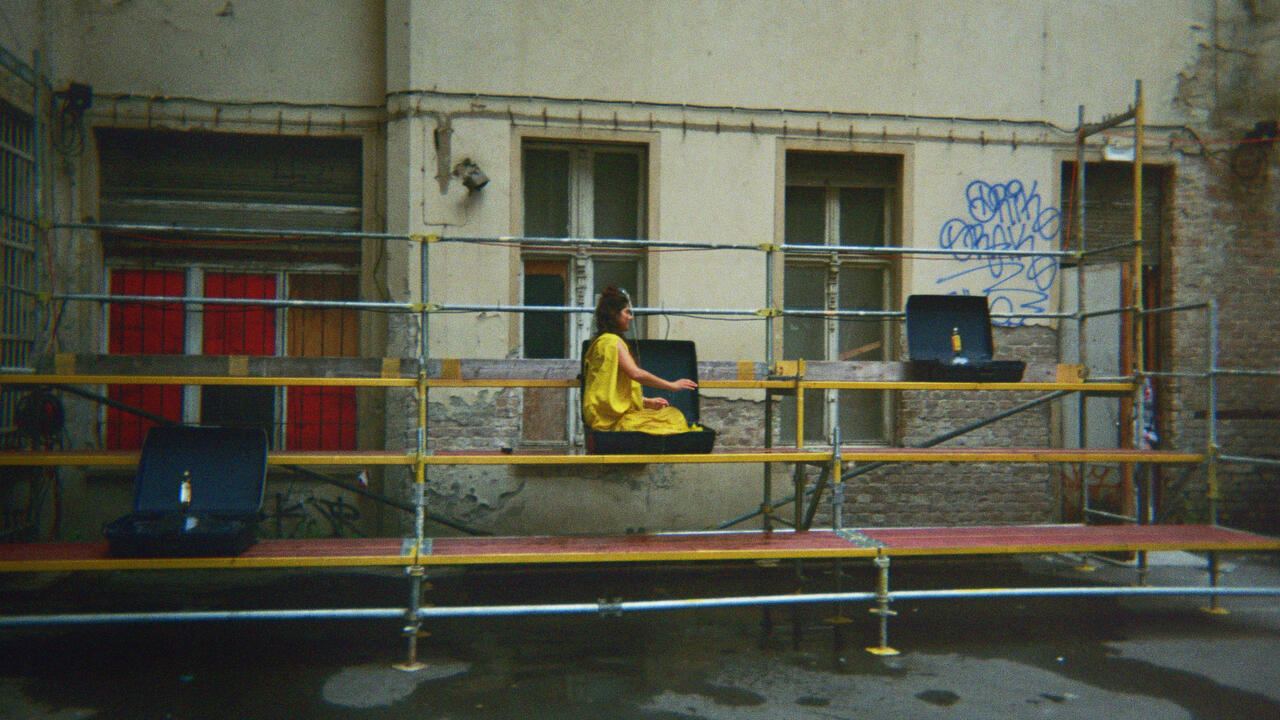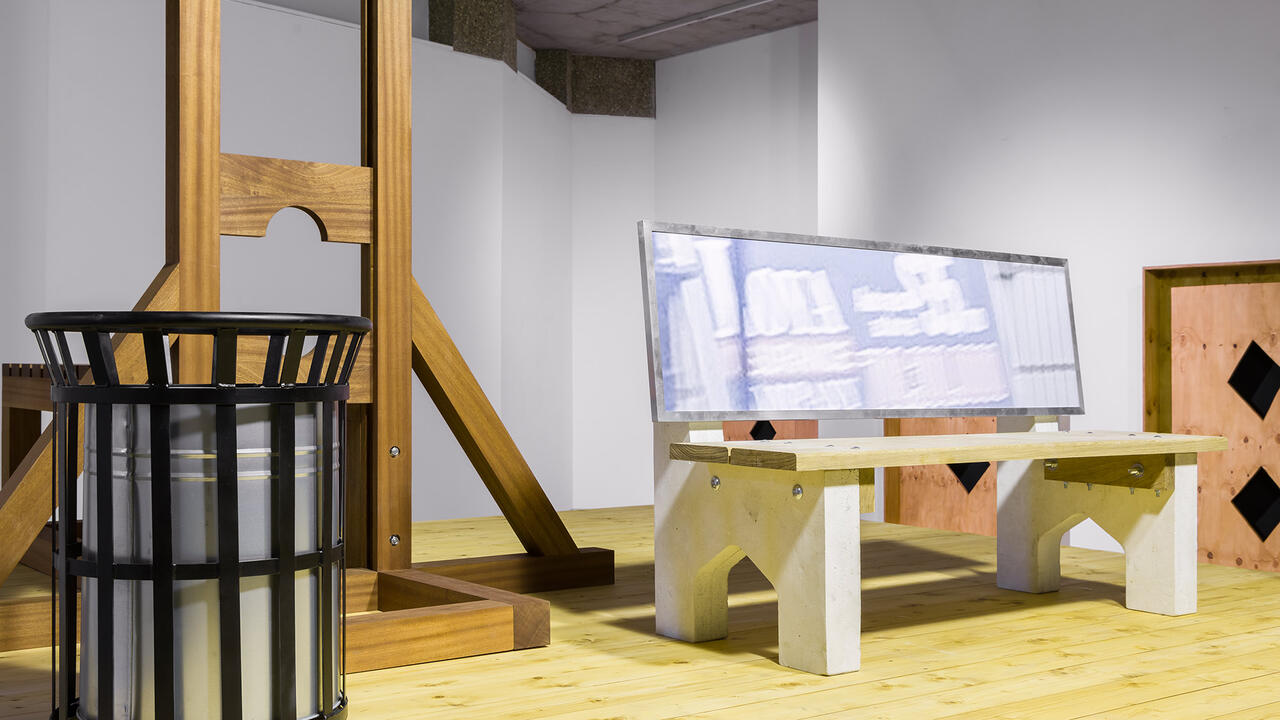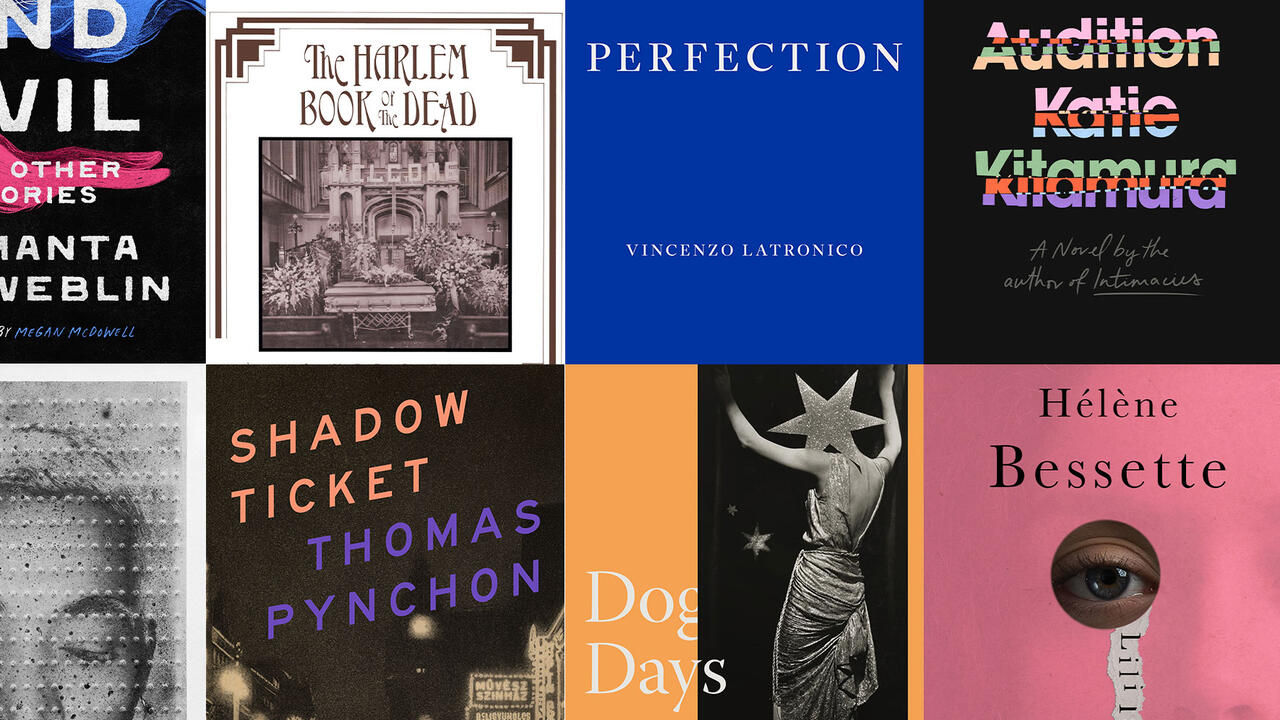Ahead of European Elections, These Artists Are Confronting the Threat of the Far-Right
‘Keep It Complex’, a group of artists and designers, have launched a campaign to encourage voting, and hold the art world accountable
‘Keep It Complex’, a group of artists and designers, have launched a campaign to encourage voting, and hold the art world accountable

Politics isn’t working. Parties are riven by internal disagreements, political discourse has become tautological, and a leaden pessimism now coats every political move and pronouncement. That said, some politics do appear to be working – and working very well, indeed. According to Labour MEP Julie Ward, ‘the far right has been organizing’ and is predicting big gains in the European parliamentary elections scheduled for 23 to 26 May. Populist parties across Europe have been building local support and international networks; in 2017, Steve Bannon registered his far-right organization, The Movement, in Belgium and has been reaching out to like-minded groups across the continent.

Ward’s warning came as part of a collective brainstorming session during ‘Make It Work’, a day-long event held at the Barking headquarters of the art project and social enterprise Company Drinks. Organized by Keep It Complex, a group of artists and designers who first came together in 2016 to campaign against Britain leaving the EU, ‘Make It Work’ was their third annual summit. The brainstorming session called on the 60 or so attendees to generate a list of potential partners who could help disseminate a simple message: this time around, people must vote. While their 2016 EU Referendum campaign was often playful – with slogans such as ‘Potatoes Are Immigrants’ and ‘Innit’ gracing T-shirts and posters – for their campaign aimed at the European elections, Keep It Complex are steering clear of humour. The seriousness of their message – that voting is key to stemming the current rise of the far right – echoes the tone of the European Parliament’s campaign, ‘This Time I’m Voting’, which openly acknowledges the fragility of the EU project in the wake of Brexit.
Keep It Complex’s new campaign is the latest in a series of initiatives intended to generate collective action and to encourage people to become more involved in politics. Through events such as lunches aimed at ‘Digesting Politics’ and ‘Let’s Play PMQ’ (2017) – a LARP set in the near future that invited people to test out their skill as a participant in the weekly Prime Minister’s Questions – they aim to foster a better understanding of political systems and to generate practical solutions for political problems. The group has a policy of not naming its members; labour and recognition are distributed and outcomes are ‘made by many’. They view events like ‘Make It Work’ as instances of the way they wish to see the world operate. As such, they describe their work as ‘politically intended rather than socially engaged’, and they admit that ‘radical practice is much harder than radical ideas’.
One of the most insidious aspects of the EU Referendum campaigns, on both sides, was the way in which complex and sensitive issues were grossly simplified. The past three years have seen public debate about migration, poverty and the NHS sidelined by meaningless pronouncements and wild conjecture around Brexit. Keep It Complex want to counter this phenomenon by providing tools and ideas for people to take ownership of the politics that affect them. There is a reassuring holism to their approach, which takes into account the physical, emotional, intellectual and social needs associated with politicking. ‘Make It Work’ started with a copious ‘Brexit means breakfast’ buffet; featured a talk by occupational therapist Georgia Twigg on ‘How to continue to talk to people you disagree with’; involved a mapping exercise, led by Joon Lynn Goh of Migrants in Culture, a newly formed network of migrant cultural workers, to identify potential allies and adversaries in the group’s campaign against the effects of the current more hostile environment; and ended with a sing-along by the campfire led by F*Choir, which formed at the January 2017 Keep It Complex event, ‘Unite Against Dividers’.

An unfunded group that relies on volunteering, in-kind sponsorship and ticket and merchandise sales, Keep It Complex are transparent about their finances and publish their budgets. The question of how arts funding is sourced has recently become increasingly vexed: controversies around Donald Trump campaign donor Len Blavatnik’s support for Tate Modern’s new wing or the Sackler family’s extensive patronage of cultural institutions worldwide, drawing on a fortune derived in large part from sales of the deathly opioid painkiller OxyContin, are but two recent examples. During a session entitled ‘Is there such a thing as ethical funding for the arts?’, documented on a dedicated webpage, Chris Garrard, co-director of Culture Unstained, who campaign against the sponsorship of cultural institutions by fossil fuel companies, described funding partnerships as a public expression of the values of an organization, and urged those in attendance to consider ‘what is being transacted when accepting funding’. Hazel Durrant, who has fundraised for organizations such as the Barbican and Hackney Empire in London, took a harder line: ‘There is no such thing as ethical funding.’ Durrant advocated for crowdfunding as a means of disrupting existing systems and forms of thinking, and also for the way it enables donors to behave in a manner consistent with their beliefs. Jamaican curator, educator and dance artist Lee Campbell spoke of her experience of time banks via which people exchange, rather than sell, skills. Louise Shelley, curatorial fellow at Cubitt, whose current exhibition ‘Get Paid!’ addresses these issues, offered examples of collective funding as an alternative to traditional streams. These included the artist group Cultural Capital Cooperative Object, whose work Cubitt is leasing for 12 months, and COOP Fund, an experimental platform that collects membership fees then redistributes project funding to members via a collective decision-making process. This ‘Make It Work’ session successfully multiplied the options for those who want to finance projects without having to rely on ethically contentious funding streams.
If past decades were marked by phases of greater social awareness in art, culture today is increasingly turning to politics, stepping into the breaches caused by years of austerity, responding to people’s welfare needs and imagining solutions to systemic problems. As debate grows around the ethical compromises of big institutions – in relation to the provenance of artefacts, political and business alliances or funding sources – independent art practice can help provide some clarity. ‘Make It Work’ brought people together in a local environment and involved participants in planning for direct action. But those same tactics of organizing, strategizing and communicating from a grassroots level apply across the entire political spectrum – and the far right throughout Europe knows it, too. It’s time to get to work.
Main image: Anti-Brexit and pro-Brexit protesters, 2019. Courtesy: Getty Images, LightRocket, SOPA Images; photograph: Dinendra Haria









